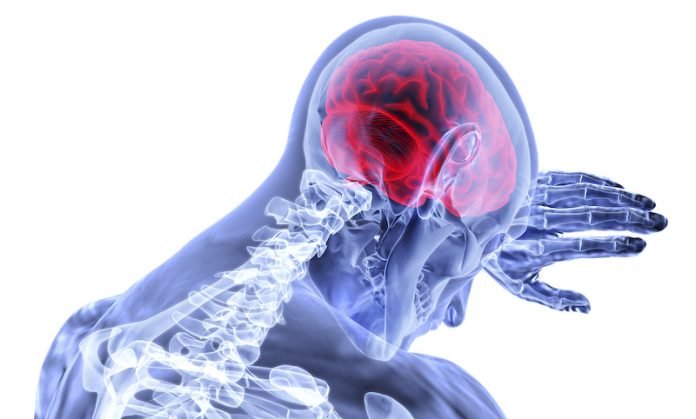
In a new study from UCLA, researchers found that a one-time injection of an experimental stem cell therapy may help repair brain damage and improve memory function in strokes and dementia.
Dementia can arise from multiple conditions, and it is characterized by an array of symptoms including problems with memory, attention, communication and physical coordination.
The two most common causes of dementia are Alzheimer’s disease and white matter strokes—small strokes that accumulate in the connecting areas of the brain.
Currently, there are no therapies capable of stopping the progression of white matter strokes or enhancing the brain’s limited ability to repair itself after they occur.
In the study, the team found a cell therapy that can stop the progressive damage caused by the disease and stimulate the brain’s own repair processes.
The cells used in the therapy are a specialized type of glial cells, which are cells that surround and support neurons in the central nervous system.
The team evaluated the effects of their glial cell therapy by injecting it into the brains of mice with brain damage similar to that seen in humans in the early to middle stages of dementia.
Upon injection, the cell therapy traveled to damaged areas of the brain and secreted chemicals called growth factors that stimulated the brain’s stem cells to launch a repair response.
Activating that repair process not only limited the progression of damage, but also enhanced the formation of new neural connections and increased the production of myelin—a fatty substance that covers and protects the connections.
These results suggest that glial cell-based therapies may one day help combat the white matter damage that many strokes and vascular dementia patients suffer every year.
In the future, if the therapy is shown to be safe and effective through clinical trials in humans, the researchers envision it becoming an “off-the-shelf” product, meaning that the cells would be mass-manufactured, frozen, and shipped to hospitals, where they could be used as a one-time therapy for people with early signs of white matter stroke.
If you care about dementia, please read studies about this blood pressure number may help predict dementia, brain lesions and findings of this type of antibiotic drug may effectively treat common dementia.
For more information about dementia prevention, please see recent studies about this common brain disease can cause dementia and stroke and results showing an important cause of dementia in some people.
The study is published in Science Translational Medicine. One author of the study is Dr. S. Thomas Carmichael.
Copyright © 2021 Knowridge Science Report. All rights reserved.



